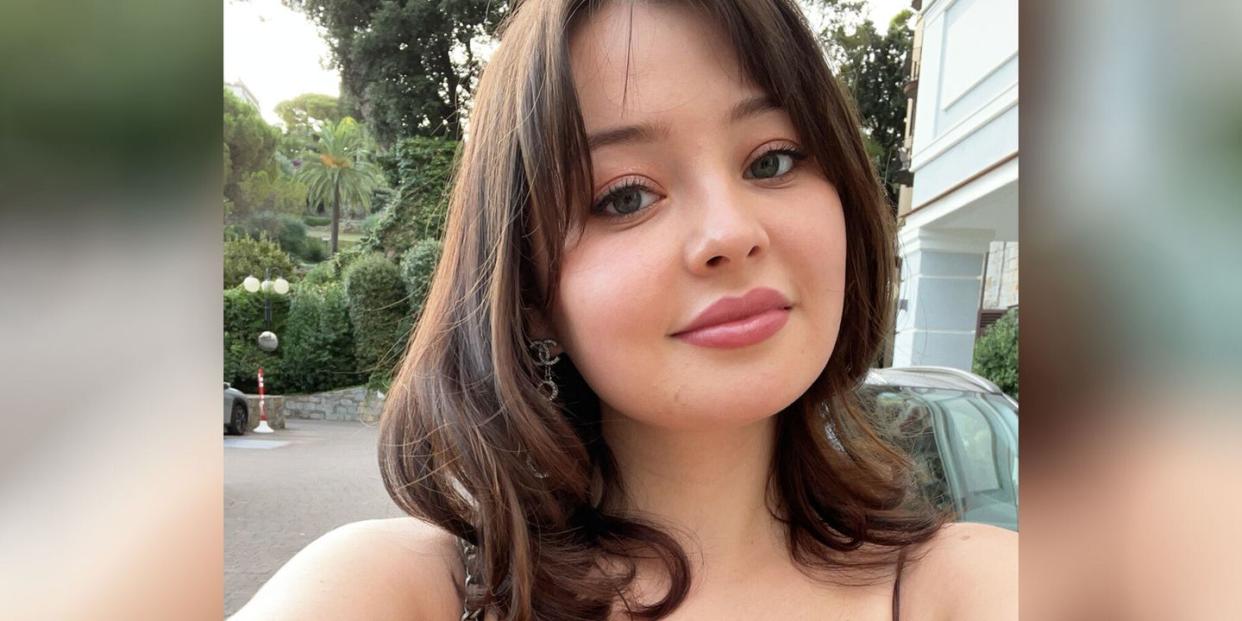‘I Spent Five Months Without My Phone In Inpatient Treatment To Learn How To Manage My Anxiety'

Struggling with my mental health isn’t new to me. I’ve been in therapy since my mom died when I was 8 years old. But when my anxiety symptoms started getting more intense in 2019, when I was 24, I wasn’t sure what to do. I wasn’t eating. I wasn’t sleeping. I wasn’t able to function at all. I couldn’t go to work, where I ran a website and podcast about sexual health. But you wouldn’t know how bad it was from the outside.

At the time, I was also dealing with suicidal ideation and had to create a crisis plan to protect myself from the scenarios I kept thinking about. Even though I was going to group therapy multiple times a week, I knew I needed more intense treatment. At the end of the day, when therapy was over, I still had to go home and be by myself in my apartment, with my phone (and social media that was making me feel terrible) and my thoughts. My therapist and my father didn’t think I needed inpatient treatment at the time—I think they just couldn’t see how sick I was—but I felt strongly that it was the only way I was going to get better. I knew that being alone at that time was dangerous for me.
A friend had told me about his experience at McLean Hospital in Boston, and it sounded exactly like the kind of treatment I needed. So I checked myself into the program. I was terrified.
I knew there was a two-month minimum and that I wouldn’t have my phone the entire time. I thought my career might be over by the time I got out. I wondered if my friends loved me enough to think about me while I was gone. At the same time, I felt lucky to be able to put my life on pause to work on myself.
I ended up spending five months in treatment there. It was a residential program, so I lived in a house with other women who were also struggling with their mental health. Sometimes it felt like a little sorority. We went to classes and met with our team of doctors throughout the day and watched movies and ate popcorn together at night.
A lot of the program was focused on dialectical behavioral therapy (DBT), which gives you actionable tools to manage crises and anxiety. One trick I learned was to dip my face in ice water if I’m having a panic attack because the shock of the cold helps to slow your heart rate. Some of the tools were even simpler, like just getting your legs over the side of the bed and sitting up first thing every morning, to help make sure you get out of it. It wasn’t always easy; there were times when I wanted to quit. But the whole experience felt so safe. I must’ve written 1,000 letters to my friends and family over the months. There’s something so special about that correspondence; I’ll keep the letters they sent to me forever.
Now that I’m out of treatment, things are so much better. It’s not that my mental illness is gone, but I have so many tools to handle it when it surfaces. At McLean, I felt as if I got a PhD in myself—how my brain works and how to take care of it.
I want people to know that help is out there, even if you feel like the therapy you’re doing now isn’t working. Inpatient treatment may seem intense, but sometimes it’s what you need, and it’s much more common than you’d think. There’s absolutely no shame in needing that type of help—it’s powerful to seek it out and really do the work to get better. It’s a continual journey, but things can change for you too.
Eileen Kelly is the host of the podcast Going Mental and founder of Killer And A Sweet Thang, an online sexual health and sexuality storytelling platform and resource.
This story is part of Women's Health's coverage of Mental Illness Awareness Week, which takes place from October 3rd through October 9th. If you feel like you're struggling with your mental health, don't hesitate to reach out for help. You can get support and information from the National Alliance on Mental Illness (NAMI) by calling 1-800-950-NAMI (6264). Volunteers are available to speak with you Monday through Friday, from 10 a.m. to 10 p.m. EST. If you or someone you know is in crisis and needs immediate assistance, call the National Suicide Prevention Lifeline at 1-800-273-8255, where help is available 24/7.
You Might Also Like

